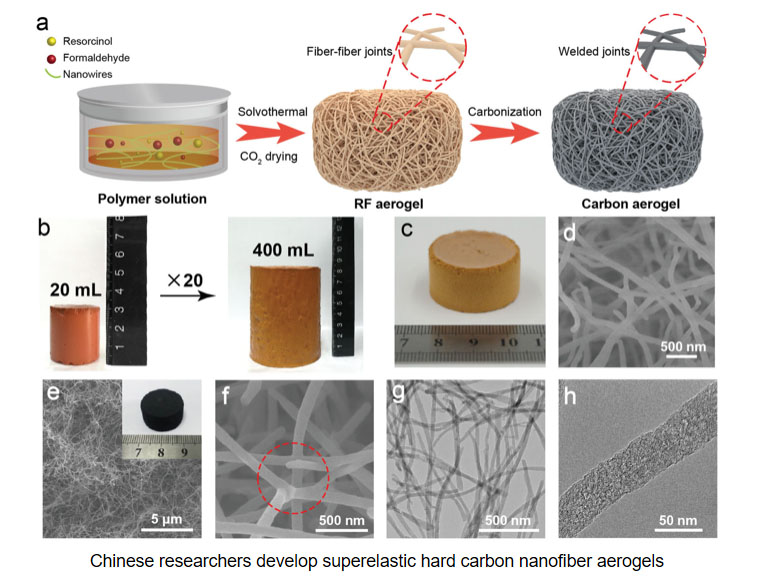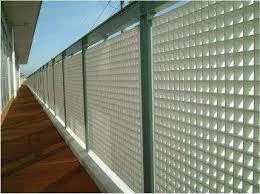
-
 Afrikaans
Afrikaans -
 Albanian
Albanian -
 Amharic
Amharic -
 Arabic
Arabic -
 Armenian
Armenian -
 Azerbaijani
Azerbaijani -
 Basque
Basque -
 Belarusian
Belarusian -
 Bengali
Bengali -
 Bosnian
Bosnian -
 Bulgarian
Bulgarian -
 Catalan
Catalan -
 Cebuano
Cebuano -
 China
China -
 China (Taiwan)
China (Taiwan) -
 Corsican
Corsican -
 Croatian
Croatian -
 Czech
Czech -
 Danish
Danish -
 Dutch
Dutch -
 English
English -
 Esperanto
Esperanto -
 Estonian
Estonian -
 Finnish
Finnish -
 French
French -
 Frisian
Frisian -
 Galician
Galician -
 Georgian
Georgian -
 German
German -
 Greek
Greek -
 Gujarati
Gujarati -
 Haitian Creole
Haitian Creole -
 hausa
hausa -
 hawaiian
hawaiian -
 Hebrew
Hebrew -
 Hindi
Hindi -
 Miao
Miao -
 Hungarian
Hungarian -
 Icelandic
Icelandic -
 igbo
igbo -
 Indonesian
Indonesian -
 irish
irish -
 Italian
Italian -
 Japanese
Japanese -
 Javanese
Javanese -
 Kannada
Kannada -
 kazakh
kazakh -
 Khmer
Khmer -
 Rwandese
Rwandese -
 Korean
Korean -
 Kurdish
Kurdish -
 Kyrgyz
Kyrgyz -
 Lao
Lao -
 Latin
Latin -
 Latvian
Latvian -
 Lithuanian
Lithuanian -
 Luxembourgish
Luxembourgish -
 Macedonian
Macedonian -
 Malgashi
Malgashi -
 Malay
Malay -
 Malayalam
Malayalam -
 Maltese
Maltese -
 Maori
Maori -
 Marathi
Marathi -
 Mongolian
Mongolian -
 Myanmar
Myanmar -
 Nepali
Nepali -
 Norwegian
Norwegian -
 Norwegian
Norwegian -
 Occitan
Occitan -
 Pashto
Pashto -
 Persian
Persian -
 Polish
Polish -
 Portuguese
Portuguese -
 Punjabi
Punjabi -
 Romanian
Romanian -
 Russian
Russian -
 Samoan
Samoan -
 Scottish Gaelic
Scottish Gaelic -
 Serbian
Serbian -
 Sesotho
Sesotho -
 Shona
Shona -
 Sindhi
Sindhi -
 Sinhala
Sinhala -
 Slovak
Slovak -
 Slovenian
Slovenian -
 Somali
Somali -
 Spanish
Spanish -
 Sundanese
Sundanese -
 Swahili
Swahili -
 Swedish
Swedish -
 Tagalog
Tagalog -
 Tajik
Tajik -
 Tamil
Tamil -
 Tatar
Tatar -
 Telugu
Telugu -
 Thai
Thai -
 Turkish
Turkish -
 Turkmen
Turkmen -
 Ukrainian
Ukrainian -
 Urdu
Urdu -
 Uighur
Uighur -
 Uzbek
Uzbek -
 Vietnamese
Vietnamese -
 Welsh
Welsh -
 Bantu
Bantu -
 Yiddish
Yiddish -
 Yoruba
Yoruba -
 Zulu
Zulu
Feb . 08, 2025 07:38
Back to list
Rectangular Tanks
Roof tanks crafted from fiberglass have become a preferred choice for various applications, offering an optimal blend of durability, versatility, and cost-effectiveness. As experts in the field of fiberglass roofing solutions, we delve into why fiberglass roof tanks stand out in the industry and how they meet the stringent demands of modern architectural and industrial needs.
From an environmental standpoint, fiberglass is a more sustainable option compared to many traditional roofing tank materials. It is made from abundant natural raw materials and can be manufactured with significantly lower energy consumption. Moreover, fiberglass can be recycled, reducing its environmental footprint and aligning with global sustainability goals. This factor is increasingly crucial as industries and consumers alike seek to make greener choices in their material selections. Safety and compliance are critical considerations when selecting materials for roof tanks. Fiberglass tanks are designed to meet rigorous safety standards and regulations, ensuring they can safely store various substances without risk of leakage or contamination. Choosing a reputable supplier ensures that the fiberglass tanks are manufactured to the highest standards, providing peace of mind regarding the safety and reliability of the tank. Leveraging my extensive experience in the roofing industry, I can assert that the future of roof tanks lies in innovative materials like fiberglass. Their superior performance characteristics and customization potential make them exceptionally adaptable to the evolving needs of consumers and industries. By investing in fiberglass roof tanks, businesses and homeowners not only benefit from a durable and reliable storage solution but also enhance the structural, aesthetic, and environmental aspects of their buildings. In conclusion, fiberglass roof tanks are an exemplary choice for those seeking a robust, versatile, and sustainable solution for water or chemical storage. With the advantages of corrosion resistance, lightweight construction, and thermal efficiency, they meet the high standards of modern architecture and industrial demands. Trust in fiberglass for your roofing needs and experience a future-proof solution that promises long-lasting value and performance.


From an environmental standpoint, fiberglass is a more sustainable option compared to many traditional roofing tank materials. It is made from abundant natural raw materials and can be manufactured with significantly lower energy consumption. Moreover, fiberglass can be recycled, reducing its environmental footprint and aligning with global sustainability goals. This factor is increasingly crucial as industries and consumers alike seek to make greener choices in their material selections. Safety and compliance are critical considerations when selecting materials for roof tanks. Fiberglass tanks are designed to meet rigorous safety standards and regulations, ensuring they can safely store various substances without risk of leakage or contamination. Choosing a reputable supplier ensures that the fiberglass tanks are manufactured to the highest standards, providing peace of mind regarding the safety and reliability of the tank. Leveraging my extensive experience in the roofing industry, I can assert that the future of roof tanks lies in innovative materials like fiberglass. Their superior performance characteristics and customization potential make them exceptionally adaptable to the evolving needs of consumers and industries. By investing in fiberglass roof tanks, businesses and homeowners not only benefit from a durable and reliable storage solution but also enhance the structural, aesthetic, and environmental aspects of their buildings. In conclusion, fiberglass roof tanks are an exemplary choice for those seeking a robust, versatile, and sustainable solution for water or chemical storage. With the advantages of corrosion resistance, lightweight construction, and thermal efficiency, they meet the high standards of modern architecture and industrial demands. Trust in fiberglass for your roofing needs and experience a future-proof solution that promises long-lasting value and performance.
Next:
Related Products
Latest news
-
High-Quality Fiberglass Car Bodies Durable GRP Car & Boat Body SolutionsNewsJul.08,2025
-
High-Quality Fiberglass Dual Lamination Product Manufacturer Durable FRP & GRP Dual Lamination SolutionsNewsJul.08,2025
-
Rectangular Tank with Dimensions for GRP Calculation Custom Fiberglass GRP Rectangular TanksNewsJul.07,2025
-
High-Quality Fiberglass Weir Custom FRP Weir & Fiberglass Tanks ManufacturerNewsJul.07,2025
-
CPVC FRP Pipe A Reliable Choice for Industrial Applications High Strength & Corrosion ResistanceNewsJul.07,2025
-
Fiberglass Scrubber for Effective Cleaning and Stain Removal – Superior Performance in Various ApplicationsNewsJul.06,2025









